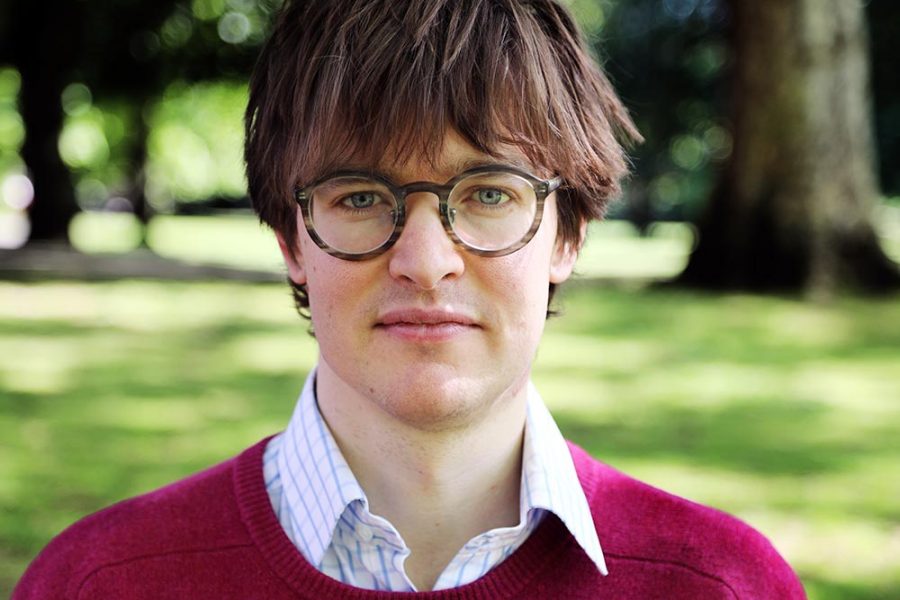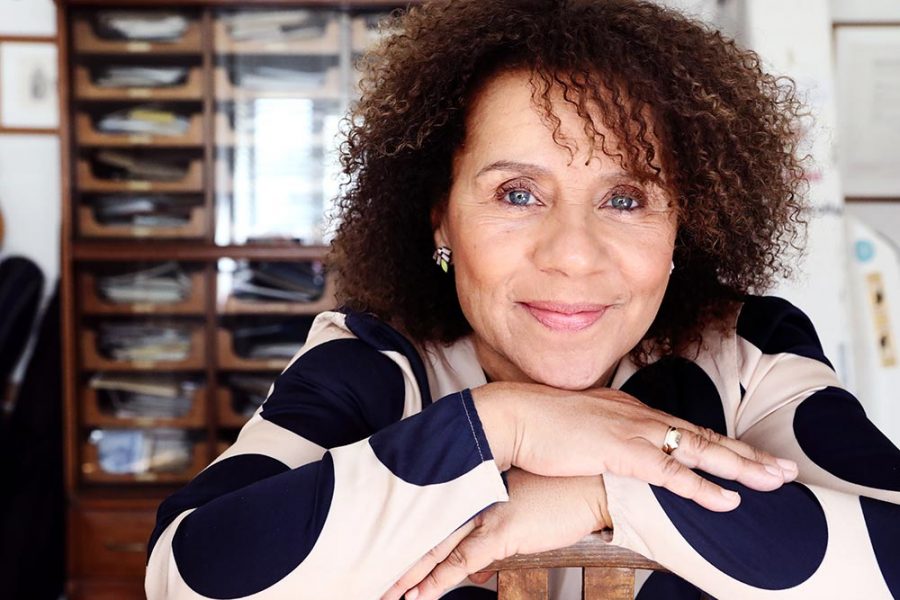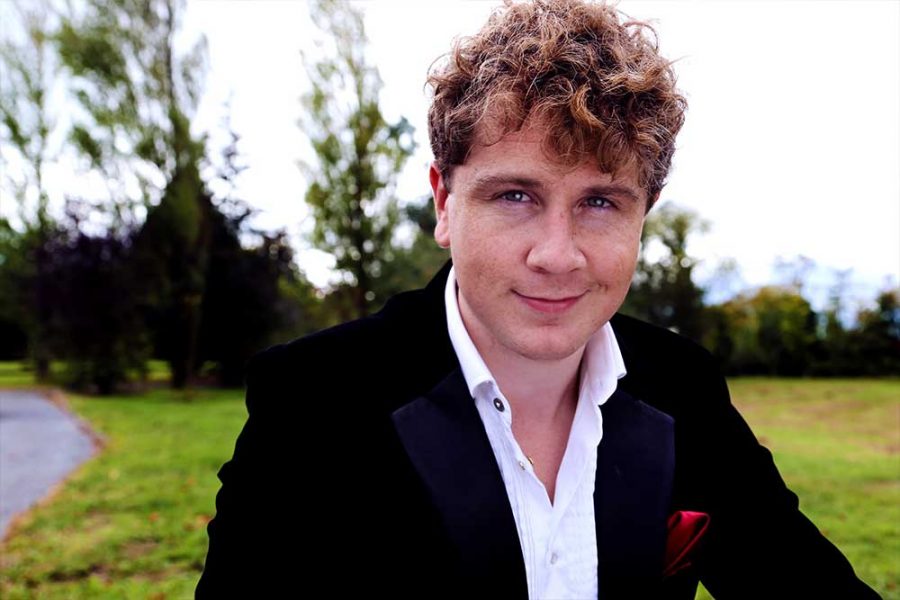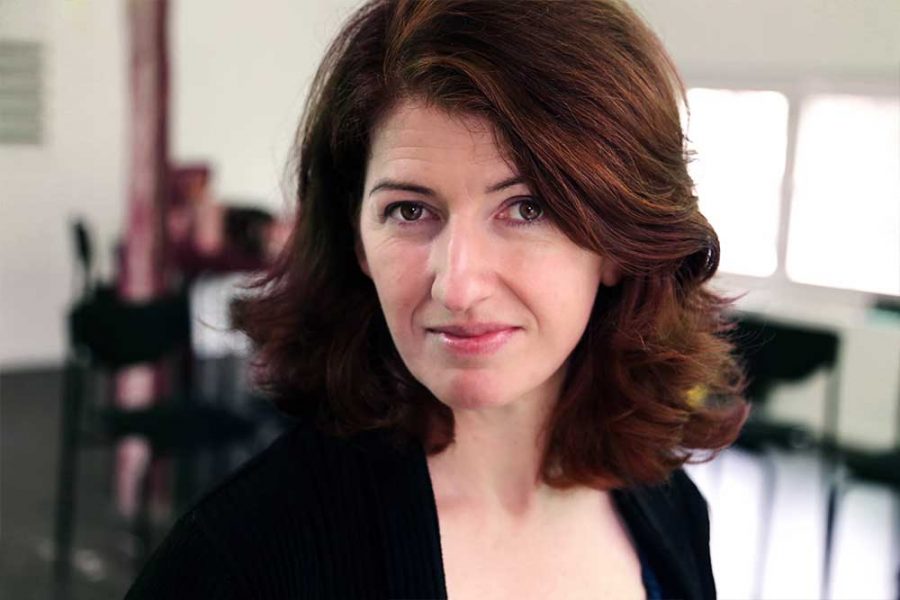Exploring the Craft: J.P. Guivier

June 2016
Words by
Emer Nestor
Photos by
Frances Marshall
Established in 1863 by Frenchman Jean Prosper Guivier, the London-based J.P. Guivier & Co. Ltd., has expanded from the manufacturing of strings to the sale and renovation of violins, violas, cellos and bows.
Now based in 99 Mortimer Street, the thriving business is synonymous with a tradition of excellence, and is regarded as one of Britain’s premium instrument dealers and restorers. At the helm of the much-loved brand is Robin Hamilton and Richard White who, with fifty years of combined expertise, offer comprehensive advice on all matters relating to the world of violins.
Final Note met with Robin to find out more about the oldest violin dealer in England.
We try to maintain a level of traditionalism in terms of our careful approach to repair and restoration work, as well as a sense of history which we feel is integral to the experience of a visit to us..."

When did the obsession with violin making first take hold?
I have for as long as I remember been involved with musical instruments, but my initial introduction was as a player. As a child I learned violin, and obtained a music scholarship to Canford School in Dorset. However, it wasn’t until I was in my late teens (by way of involvement with a number of different traditional and ethnic music ensembles) that I developed a fascination with instruments and their construction methods, subsequently embarking on an instrument-making course and developing from there. The rest, as they say, is history.
Initially, what brought you to the steps of such a historical musical treasure?
After school I did various things while deciding which direction to pursue. Music was always important at this time, as was my interest in wildlife. I earned money from busking and playing in various bands, and somehow accidentally ended up working in the city, which I quickly realised was not what I wanted to do. I escaped and enrolled at the London College of Furniture, learning to make violins, violas and cellos on their three-year Musical Instrument Technology course. Upon leaving I immediately went to work for a local authority, repairing their instruments, but after just one month I was offered a position as a restorer at J.P. Guivier, which, at the time, was my main ambition and provided access to guidance and advice from the very best restorers I knew. After a short while I became head of the workshop and strove to develop the standard of excellence for which we are renowned.
As the oldest violin dealer in England, how would you define the ‘J.P. Guivier experience’?
We try to maintain a level of traditionalism in terms of our careful approach to repair and restoration work, as well as a sense of history which we feel is integral to the experience of a visit to us (we are now the oldest dealership in Britain, celebrating our 153rd birthday this year, and the way the shop is decorated and how the workshops are laid out is, we feel, somewhat redolent of our appreciation for the sense of history of which I speak). However, we are also aware of the need to change with the times, and we all endeavour to inform ourselves of various new developments relevant to the line of work, from innovative repair techniques to the latest advances in string, violin case, and shoulder rest technology, for example.
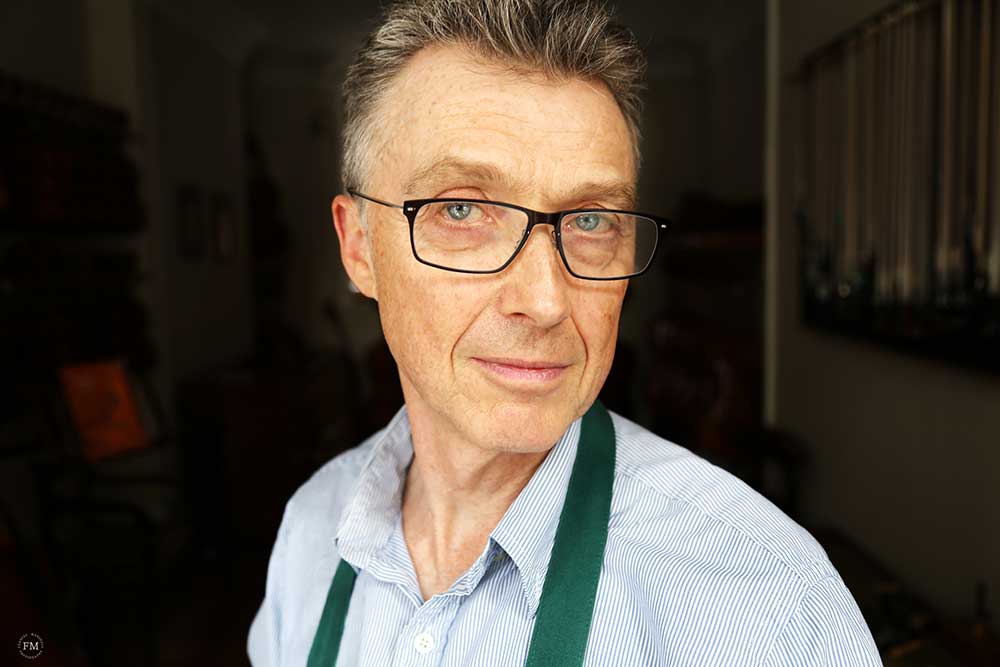
Take us through the services provided by J.P. Guivier.
Everything from the sale of a basic set of strings for use by a beginner, to the full-scale restoration of fine old Italian instruments. Our front of house team deals with all manner of general enquiries, from sales, rentals, orders, and various other administrative tasks commensurate with the smooth running of the business. In relation to repairs, they are also an integral point of contact between customers and workshop staff, and need to ensure that works to instruments and bows are carried out on time. They also provide any additional advice or follow up information pertaining to string choices, new accessories, etc…. In the workshops, we are equipped to carry out any repairs that may be necessary, from changing a string to resurrecting an instrument that has been subject to catastrophic damage (in one instance, we completely rebuilt a Gagliano violin from 18th-century Naples which arrived to us in pieces in a plastic carrier bag). Additionally, we are regularly asked to provide expert advice on an instrument’s value, and offer written insurance appraisals to help clients ensure that their violins, violas, cellos, and bows are adequately covered in the event of theft or accidental damage.
Instrument theft has become prevalent over the past few years — have you ever come across a stolen instrument during a valuation process?
Yes, actually. A number of years ago, we were presented with a violin by exalted 19th-century French maker J.B. Vuillaume, from c. 1850, for possible sale. Vuillaume violins are highly sought after and usually very expensive, and the general attitude of the supposed owner and the air of the situation, as well as the less than concise details surrounding his acquisition of the violin (a gift from his “minted” brother), caused alarm bells to ring. We surreptitiously checked a stolen instruments register and, unsurprisingly, a Vuillaume matching this example had been stolen not long beforehand from a retired professional player based in North London. Police were summoned, and we had to tentatively detain the perpetrator until they arrived. The whole situation was really quite dramatic. Ultimately, the case went to court, but prior to the defendant’s sentencing, he absconded and, to the best of my knowledge, has never been apprehended. The main thing, however, is that we were able to reunite the owner with the instrument she had known and loved for many years over the course of her life as a player.

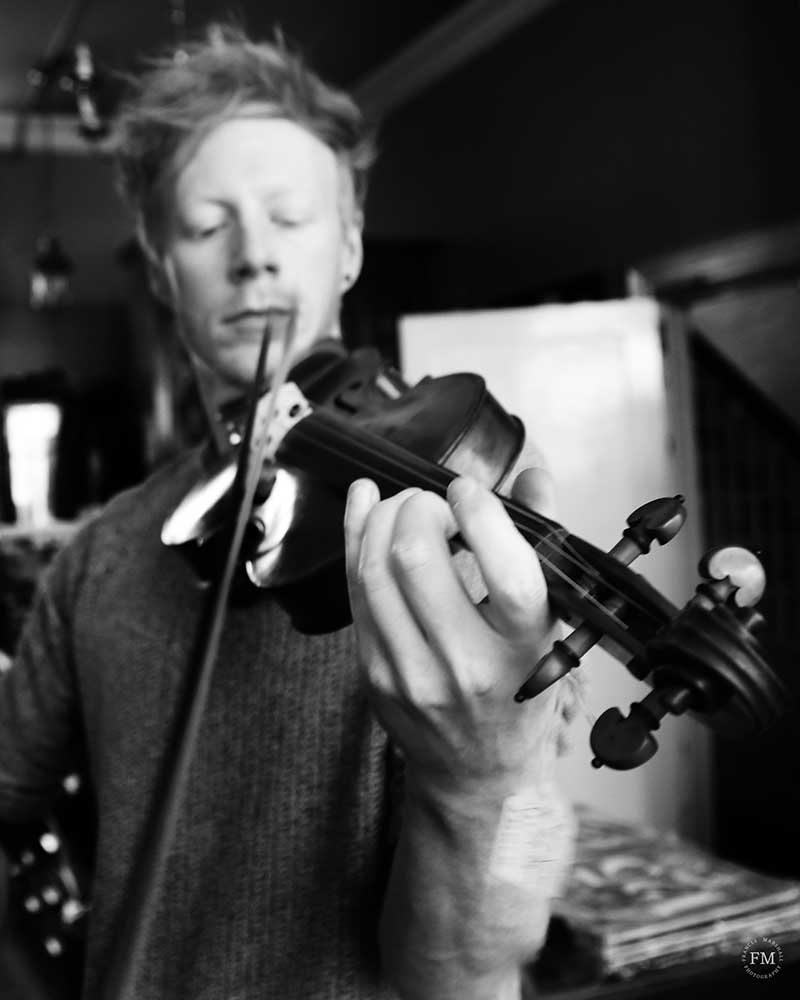

From a sales perspective, are there more students taking up lessons in string instruments these days or have numbers fallen?
I think that, generally speaking, numbers have always remained quite consistent. It is fair to assume that a lot of our customers who are professional players will ultimately want to encourage their children to play, and as a direct consequence of this we, being so long established, will always be called on to provide not only instruments and accessories but also advice regarding the best options for how to proceed in terms of instrument set up. Additionally, music schools continually produce talented new players, and therefore we are always in demand to implement various adjustments, which, however small, can greatly improve a player’s instrument, and consequently provide peace of mind prior to performances.
How does J.P. Guivier go about sourcing its instruments?
Most of our instruments and bows are acquired through private sales and part exchanges (where a player will use an existing instrument in part payment for a new one from our stock). Through these channels, we have over the years amassed quite a collection, many of which are still awaiting attention prior to being offered for sale. We also take instruments on a Sale on Commission basis, whereby the instrument remains the property of the seller (thus affording the option to take it away at any time), but they utilise our services as an agent for its sale. When the instrument sells, we then take a commission from the eventual sale price (usually a deduction of 20% plus V.A.T.).
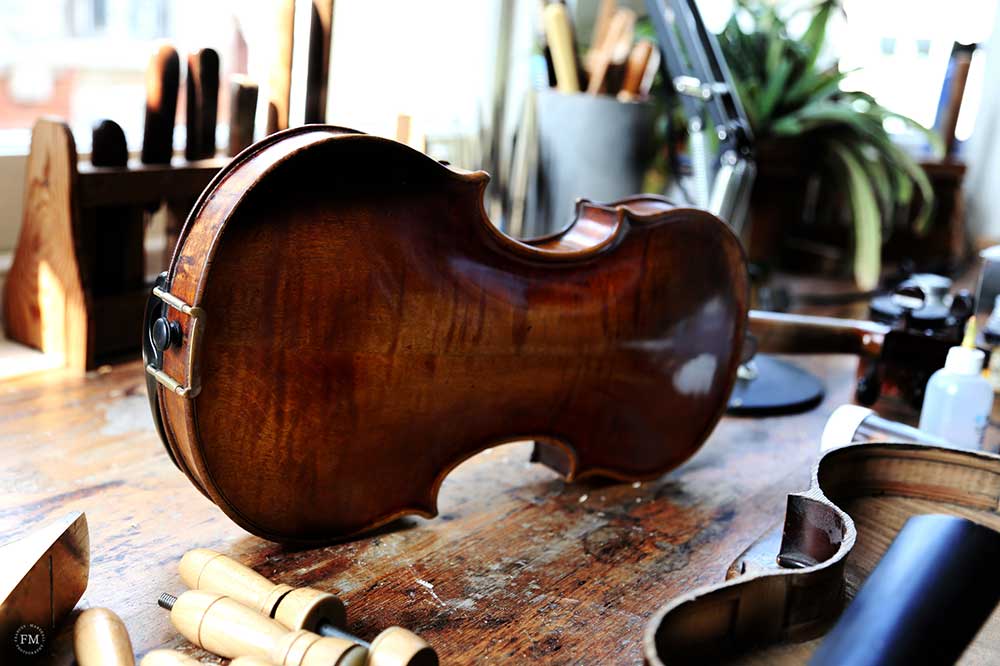

We have, over time, developed a reputation for providing unparalleled care and attention when it comes to repairing and maintaining the tools each musician uses to forge a career..."

What elements are important to you in nurturing relationships with your clients?
Our primary focus (in addition to fostering a general rapport and interest in customers and their lives as players) is our clients’ instruments and bows. We have, over time, developed a reputation for providing unparalleled care and attention when it comes to repairing and maintaining the tools each musician uses to forge a career, and we have found that this level of investment has been repaid with a trust in both our approach and our expertise. It is a reciprocal relationship which is, in our opinion, the hallmark of a successful enterprise.
Outside the world of strings, how do you like to spend your free time?
Apart from an interest in music (I attend concerts weekly, and for the last five years or so I have concentrated on the study of South Indian Carnatic music), I am also a keen photographer, and travel regularly, mainly to India, in order to photograph wildlife such as tigers, lions, elephants, and reptiles. I also spend much of my free time fishing, practicing Yoga, and I still cycle to work daily, in spite of London’s often-questionable weather conditions.
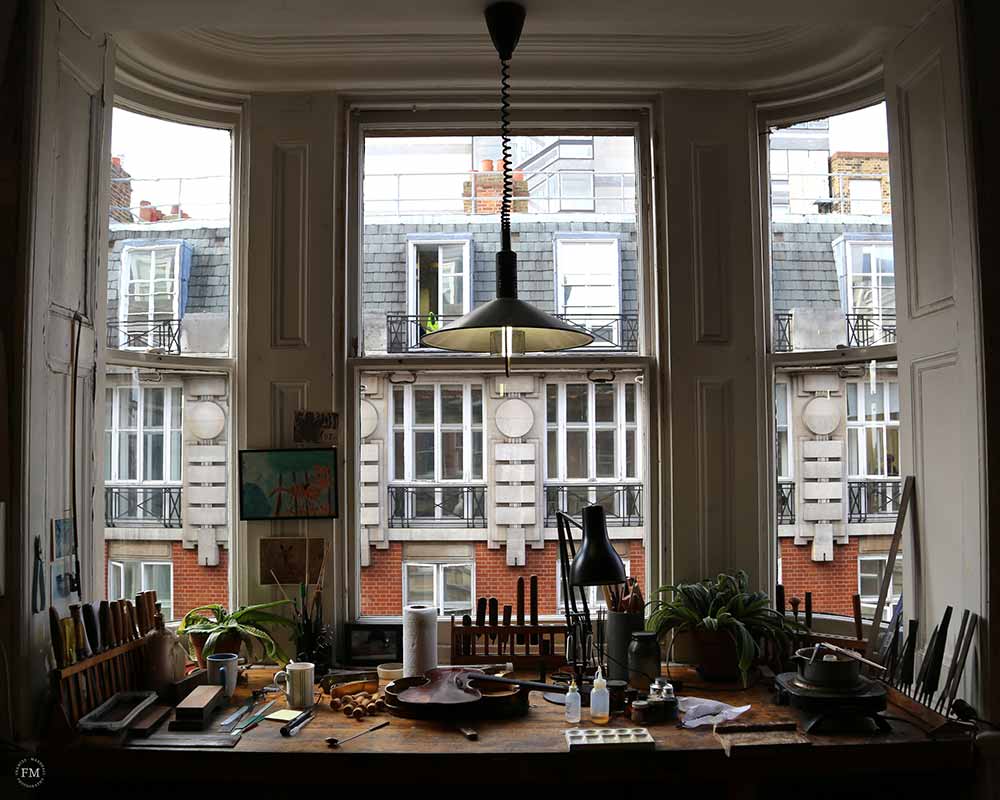
What lies ahead for the company?
Naturally, given the company’s age, it has a lot of history that we feel must always be preserved. While there will always be other dealers, and as such a sort of friendly competition, we have managed to survive in perpetually changing times where others have not, and I feel that is a testament to the esteem in which, I hope, we are held. Of course, it is impossible to predict what the future will hold, but we have a duty of care to the company, and a responsibility as custodians of its legacy, and realistically all we can hope for is that we provide a stable and, hopefully, ever more innovative foundation for the next generation upon which to build.
To find out more about J.P Guivier see: guivier.com
All images displayed in this article are subject to copyright.
Share this article


